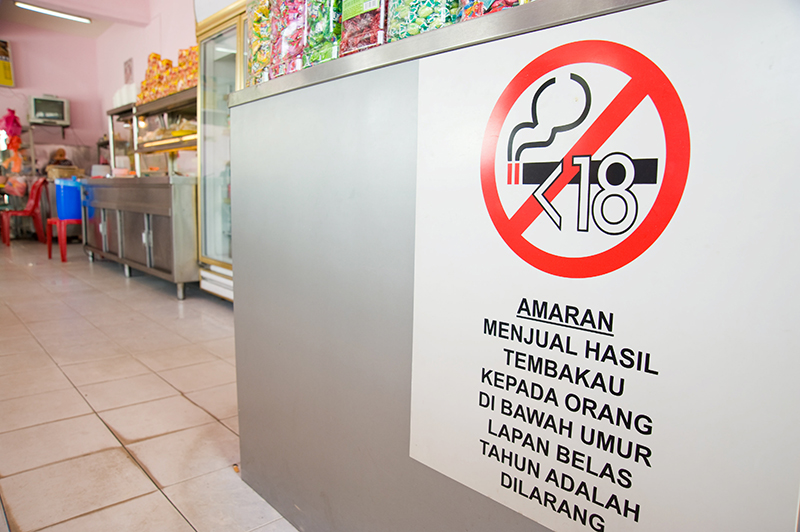You are here
Bloomberg Philanthropies Releases Five-Year Progress Report on Global Anti-Tobacco Efforts
This article was originally published by MikeBloomberg.com.

For more details, and country specific case studies, please view or download the report at http://www.mikebloomberg.com/FiveYearsOfProgress.
Since the Initiative started in 2007:
- 21: Countries passed 100% smoke-free laws.
- 4,500: Journalists from low- and middle-income countries educated on tobacco control issues.
- 303: Tobacco laws drafted or consultations provided.
- 7,000: Public health professionals trained in tobacco control.
- 400%: the increase in the percentage of people protected from second-hand smoke
“Our efforts promote six proven policies to reduce tobacco use — including protecting people from tobacco smoke, offering help to quit, raising awareness about the dangers of tobacco through warning labels and public education campaigns, enforcing tobacco advertising bans, and raising the price of tobacco products,” said Michael Bloomberg, philanthropist and Mayor of New York City. “The science is clear: employ these approaches and smoking rates fall. That’s why, through strategic partnerships and a $375 million investment, we’re helping governments implement these interventions in low- and middle-income countries that are home to the majority of the world’s smokers.”
These successful outcomes have been reached with the Initiative’s global partners the World Health Organization, the Campaign for Tobacco-Free Kids, the CDC Foundation, the World Lung Foundation and the Johns Hopkins Bloomberg School of Public Health. The Bill and Melinda Gates Foundation is also a critical partner in the Bloomberg Initiative.
“Tobacco is the primary agent of death worldwide, with 80% of deaths occurring in low- and middle-income countries – tobacco is also a primary contributor to the global non-communicable disease epidemic,” said Kelly Henning, M.D., who leads public health programs at Bloomberg Philanthropies. “Our impact to date has been significant, but there is still much more work to be done.”
About Bloomberg Philanthropies:
Bloomberg Philanthropies works primarily to advance five areas globally: the Arts, Education, the Environment, Government Innovation and Public Health. In 2010, $279 million in grants were distributed and $20 million was invested in advocacy related initiatives.